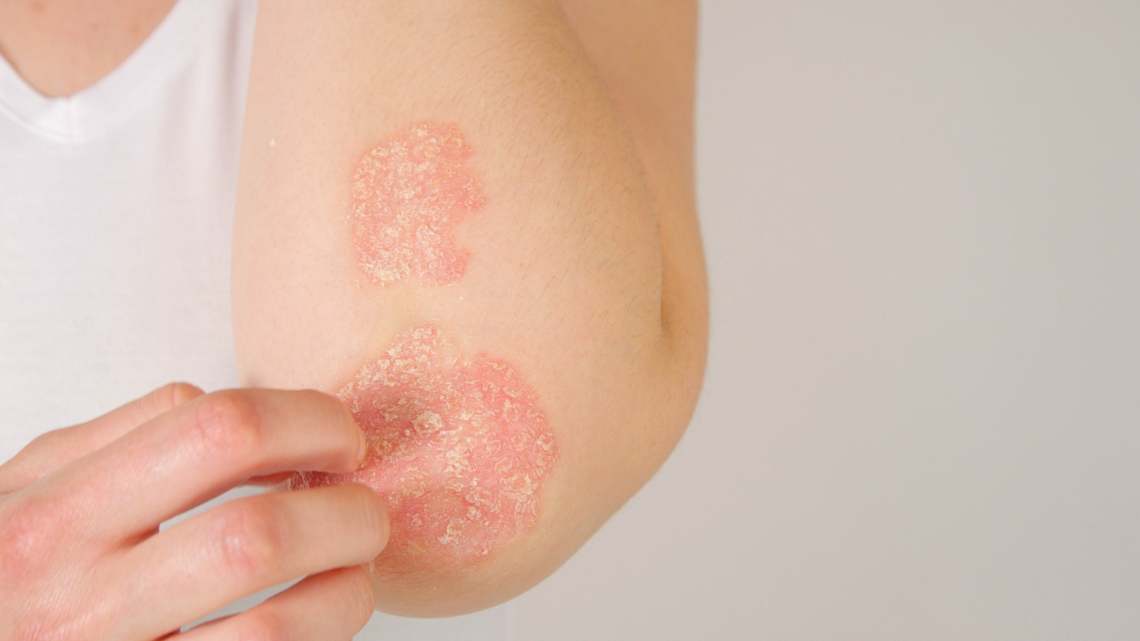-
Health Benefits of Tea
One of the truly wonderful benefits of drinking tea lies in its rich supply of antioxidants, a powerful set of compounds known for their ability to combat free radicals, which are unstable molecules that, if left unchecked, can lead to cellular damage and, in turn, a range of illnesses and diseases. While the human body does indeed produce its own antioxidants, there is certainly no harm in giving your system a little extra boost from external sources. Incorporating foods and beverages rich in antioxidants, like tea, into your diet can not only reduce the likelihood of developing infections but can also serve as a preventative measure against more serious health…
-
Navigating Grief
Grief is a universal human experience, a complex emotional response to loss that touches every facet of our lives. Whether it is the loss of a loved one, the ending of a cherished relationship, or even the departure of an integral part of our identity, grief can challenge us in ways we never imagined. It forces us to confront the reality of life without what or who we have lost, leaving a profound void that can seem impossible to fill. This article aims to explore the intricate ways in which grief impacts people. We will examine both its psychological and physiological effects and delve into healthy ways to navigate through…
-
Fall Prevention Month
Fall Prevention Month offers a timely reminder of the importance of safeguarding against falls, a serious and prevalent issue that affects countless individuals, particularly within the aging population. The consequences of falls are not to be underestimated—they are a leading cause of both fatal and non-fatal injuries among older adults, as stated by the Centers for Disease Control and Prevention (CDC). This comprehensive article aims to equip you with a multi-faceted approach to fall prevention, ensuring safety and well-being throughout the autumn of life. The statistics on falls are sobering. They underscore the urgency of fall prevention, particularly for those advanced in years. The loss of independence, the fear of…
-
Cold Weather & Eczema
Eczema, also known as atopic dermatitis, is a common skin condition marked by itchy, inflamed, and often red patches of skin. As the chilly winter months approach, many Canadians may find themselves struggling with exacerbated symptoms of eczema. Understanding why eczema flares up in winter and adopting appropriate strategies can significantly improve one’s quality of life during these colder months. Understanding Eczema and Its Winter Woes Eczema is a chronic condition affecting the skin. It’s characterized by dry, itchy skin and rashes on various parts of the body. The exact cause of eczema remains unknown, but it’s believed to involve a combination of genetic and environmental factors. The condition is…
-
Movember in Canada
Movember is a global movement that aims to address and improve men’s health, focusing on key issues like prostate cancer, testicular cancer, mental health, and suicide prevention. Every November, millions of people around the world grow moustaches or participate in Movember events to raise funds and awareness for these causes. This month-long campaign encourages men to take pride in their health, break stigmas around male vulnerability, and push for more robust health policies and support systems. The concept of Movember began in 2003 when a group of friends in Australia, known as the “Mo Bros,” decided to bring the moustache back into fashion and, in doing so, support men’s health.…
-
Halloween Health & Safety
Halloween is a time filled with excitement, creativity, and the thrill of spooky festivities. However, it’s essential to balance the fun with a strong focus on health and safety, especially when it comes to children and families. As trick-or-treaters gear up with costumes and treat bags, parents and caregivers must consider both physical safety and general well-being to ensure an enjoyable experience for everyone. This comprehensive guide provides health and safety tips that range from safe costumes and candy considerations to navigating neighbourhoods and managing sugar consumption. First and foremost, costume safety plays a critical role in keeping children safe on Halloween night. Costumes should fit well to prevent tripping…
-
Dyslexia
Dyslexia is a common learning disorder that affects the brain’s ability to process language and reading. It is estimated that between 10-20% of the population may have some form of dyslexia, making it one of the most widespread learning disabilities worldwide, including in Canada. Despite its prevalence, dyslexia is often misunderstood. It is a lifelong condition that does not indicate a lack of intelligence or effort but rather results from differences in how the brain handles language-based tasks. Dyslexia is believed to be linked to genetic factors that affect how the brain processes reading and language. It tends to run in families, suggesting a hereditary component that can be passed…
-
ADHD
ADHD, also more commonly known as Attention-Deficit/Hyperactivity Disorder, is one of the most prevalent neurodevelopmental disorders affecting children in Canada today. It is characterized by a wide variety of behavioural problems, including impulsiveness, inattention, and in some cases, even hyperactivity. It can also occur in conjecture with other health problems such as dyslexia, insomnia, and issues with anger management. There are three main behavioural changes that parents of young children should watch for. Those are restlessness, distractibility, and as mentioned previously, impulsivity. Children with ADHD are often easily distracted by things they hear, see or think, fidget and cannot sit still for long periods of time, and also tend to…
-
What is Chronic Fatigue Syndrome?
Fatigue is something that all of us experience – particularly when we lead busy lives and have multiple things to juggle such as work, school, family, and other commitments. As a result, it’s not uncommon to have poor sleep quality – with 1 in 2 Canadian adults reporting they have trouble going to sleep or staying asleep, 1 in 3 having difficulty staying awake, and 1 in 5 finding they don’t feel refreshed after sleeping. Fatigue and poor sleep can also be precipitated several other health-related factors, including poor mental health and chronic stress or anxiety, anemia, inflammation, concussions, thyroid disease, and kidney disease…just to name a few. Certain medications…
-
COVID-19: Four Years of Learning in Canada
Since the first confirmed case of COVID-19 was reported in Canada on January 25, 2020, our understanding of the virus, its transmission, prevention, and treatment has evolved significantly, shaped by extensive scientific research, public health efforts, and real-world experience. Initially, COVID-19 was perceived primarily as a respiratory illness with symptoms resembling those of the common cold or flu, such as fever, cough, and shortness of breath. However, as time went on and more cases were documented, it became clear that the disease was not limited to the respiratory system but could affect various parts of the body, including the cardiovascular system, kidneys, liver, and even the brain. This broader understanding…









